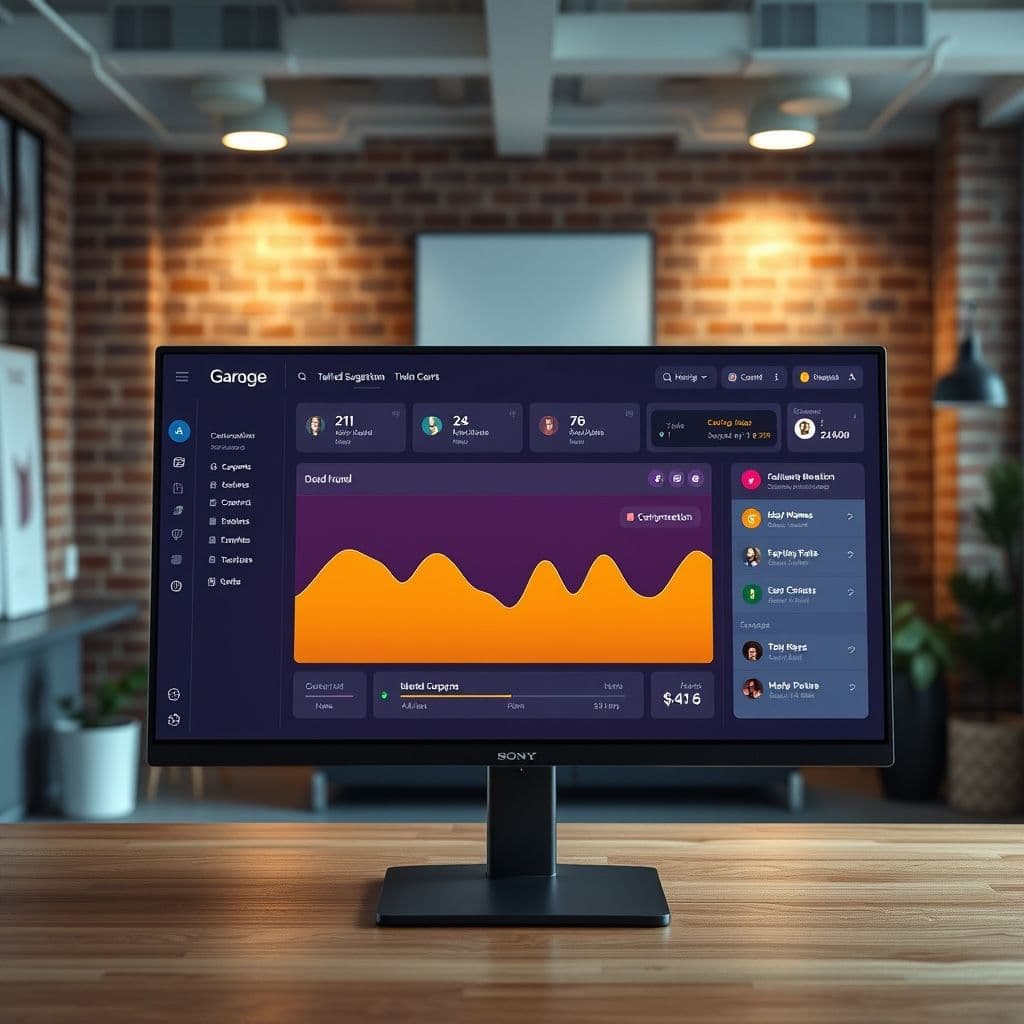The Ultimate AI-Powered Personal Assistant: A SaaS Solution for Tailored Recommendations

In today's fast-paced world, people are increasingly turning to AI tools like ChatGPT for personalized recommendations across various aspects of their lives. From gardening tips to financial planning, the demand for tailored, accurate advice is growing. But what if there was a dedicated SaaS platform designed specifically to provide these hyper-personalized solutions? Let's explore this potential game-changer.
The Problem: The Need for Personalized Recommendations
Users are seeking more than just generic advice—they want solutions tailored to their unique circumstances. Whether it's figuring out the best plants for their garden based on sunlight exposure or creating a budget-friendly grocery list, people crave accuracy and personalization. Current AI tools offer some level of customization, but they often require extensive prompting and lack domain-specific expertise.
The pain points are clear: users spend too much time crafting the perfect prompt, the advice isn't always accurate, and there's no seamless way to integrate photos or other media for more contextual recommendations. This gap highlights the need for a specialized platform that can deliver reliable, personalized advice across multiple domains.

The SaaS Idea: A Hyper-Personalized AI Assistant
Imagine a SaaS platform that combines the power of AI with domain-specific knowledge to deliver hyper-personalized recommendations. This tool would allow users to input their specific needs, upload photos for context, and receive tailored advice instantly. Whether it's optimizing a garden layout, creating a knitting pattern based on available materials, or even mediating family disputes, this platform would be a one-stop-shop for personalized solutions.
Key features could include: photo analysis for gardening or interior design, budget optimization algorithms, conflict resolution templates, and even language learning modules. The platform would learn from user interactions, continuously improving its recommendations to better suit individual preferences and needs.

Potential Use Cases and Benefits
The applications for such a platform are virtually limitless. Gardeners could upload photos of their space and receive planting recommendations tailored to their climate and sunlight conditions. Parents could use it to mediate sibling disputes with AI-generated conflict resolution scripts. Budget-conscious individuals could get personalized financial plans that adapt to their spending habits.
The benefits would extend beyond convenience. Users would save time, reduce stress, and make more informed decisions across all aspects of their lives. The platform could even integrate with other tools and services, creating a seamless ecosystem for personal optimization.
Conclusion
The demand for personalized AI assistance is clear, and a dedicated SaaS platform could revolutionize how we approach everyday challenges. By combining domain-specific expertise with powerful AI, this hypothetical solution could provide the tailored recommendations users crave. While the technology exists in fragments today, a unified platform could take personal assistance to the next level.
Frequently Asked Questions
- How accurate would this AI personal assistant be?
- While AI has made significant strides in understanding context, accuracy would depend on the quality of input data and the platform's training. Continuous learning from user feedback would be crucial for improvement.
- What would differentiate this from existing AI tools like ChatGPT?
- This hypothetical platform would specialize in personalized recommendations with built-in domain expertise, photo analysis capabilities, and pre-optimized templates for common use cases, reducing the need for extensive prompting.
- Would this replace human experts in fields like gardening or finance?
- The platform would complement rather than replace human experts, serving as a first line of advice for common situations while directing users to professionals for more complex needs.


